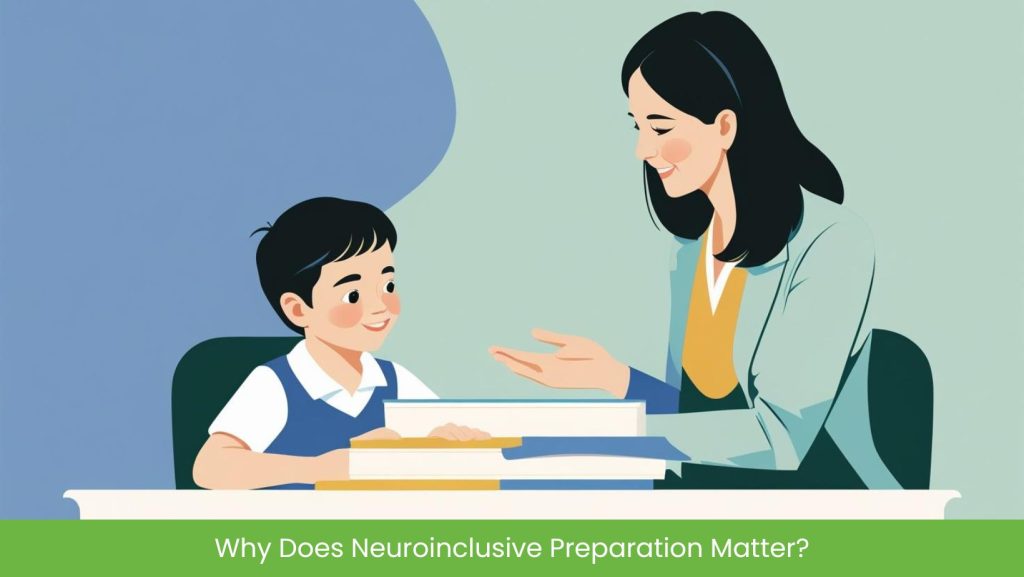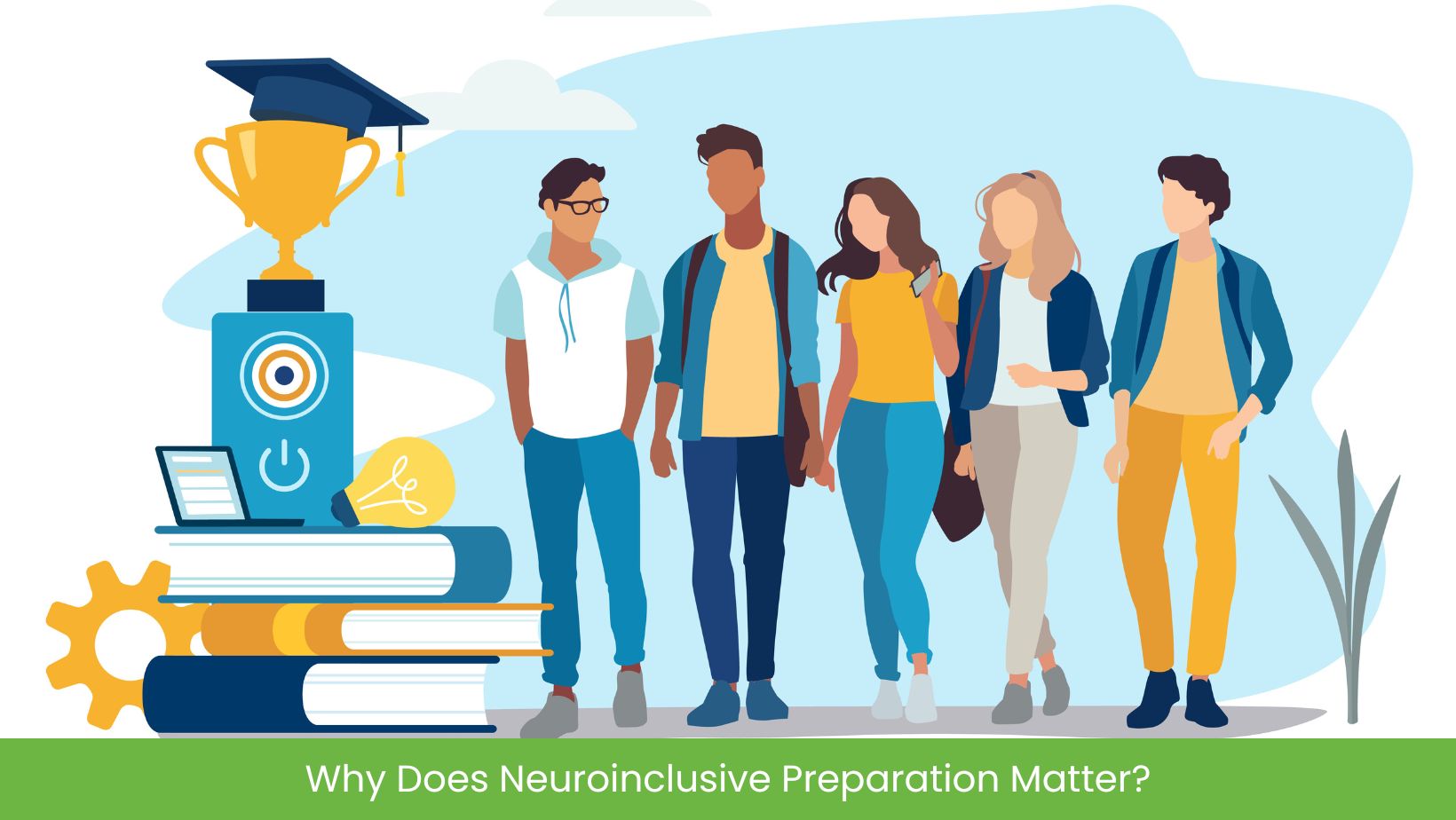At Evoke Learning, we believe that every student can achieve academic success when they are supported in ways that work for their unique learning profile. For students with autism, learning can sometimes look different—but different does not mean less rigorous or challenging. Understanding the specific deficits and strengths of learners with autism is essential for helping them reach their full potential.
Autism is a neurodevelopmental condition that can influence how individuals communicate, process information, interact socially, and respond to their environment. These differences can shape the way academic skills are acquired and demonstrated in school settings. While students with autism are often bright, capable, and highly motivated, they may benefit from tailored strategies that align with how they learn best.
Communication Differences: Understanding and Expressing Ideas
Students with autism may have difficulty understanding spoken instructions, participating in group discussions, or clearly expressing their thoughts. They might also struggle with pragmatic language, making it harder to engage in classroom conversations, collaborative work, or oral presentations. Pragmatic language involves the rules of conversation and social interaction, such as taking turns while talking, using appropriate greetings and farewells, understanding tone of voice and body language, staying on topic, and knowing what and how to say something depending on the situation or audience.
These communication challenges can affect comprehension and participation, especially in settings that rely heavily on verbal interaction. Providing written instructions, using visual supports, and allowing extra time for processing can make a significant difference in how these students access and demonstrate their learning.
Executive Functioning: The Hidden Curriculum of Learning
Executive functioning includes a range of mental skills that help students plan, organize, manage time, and follow through on tasks. Many learners with autism experience difficulties in this area, which can affect everything from completing multi-step assignments to remembering deadlines.
For students who struggle with executive functioning, structured routines, visual schedules, checklists, and coaching in organizational skills can be game changers. Academic strategy support that explicitly teaches these skills helps students build confidence and independence.
Sensory Processing: Navigating the Learning Environment
Sensory differences are common in autism. A student may be hypersensitive to classroom noise, bright lights, strong smells, or certain textures—or they may seek out sensory input in ways that are distracting to others. This can make a typical classroom overwhelming for them, affecting their focus, comfort, and learning.
Tutors and learning coaches can play a vital role in helping students manage sensory sensitivities. Creating a calm learning environment, allowing for movement breaks, and incorporating sensory tools (like noise-canceling headphones, spicy snacks, or textured fidgets) can improve a student’s ability to engage and retain information.
Social-Emotional Learning: Supporting the Whole Student
Social challenges such as reading facial expressions, understanding peer dynamics, or working in groups can lead to feelings of isolation, anxiety, or frustration. These emotional experiences can affect a student’s academic motivation and willingness to participate.
Students with autism often benefit from explicit instruction in social-emotional skills and safe, supportive relationships with adults who understand them. Tutors and mentors who validate the student’s experiences and build trust can help reduce anxiety and increase classroom engagement.
Uneven Academic Profiles: Celebrating Strengths and Addressing Gaps
One of the defining features of autism is an uneven academic profile. A student might have exceptional skills in certain areas—such as math, memory, or coding—while facing challenges in others, like reading comprehension or written expression. This can be confusing for educators and parents who expect more consistency in academic performance.
Personalized learning plans that recognize the student’s strengths and areas of need are essential. At Evoke, we conduct in-depth assessments to understand each student’s unique profile and use that information to create customized strategies for growth.
Anxiety and Emotional Regulation: A Hidden Barrier to Learning
Anxiety is common in students with autism and can show up in many ways, including difficulty concentrating, avoidance behaviors, or communication shutdowns during high-stress situations. Emotional regulation can also be a challenge, especially when routines change, or tasks feel overwhelming.
Helping students develop coping strategies and routines to manage stress can greatly improve their academic success. This might include practicing mindfulness, using timers or visual countdowns for transitions, or having a consistent plan in place for when anxiety escalates.
Recognizing Strengths: What Are the Autistic Student’s Superpowers?
Amid these challenges, it’s important to identify and celebrate the incredible strengths that autistic learners often bring to their education. These may include:
- Exceptional attention to detail
- Outstanding pattern recognition and ability to understand systems
- Strong long-term memory
- Deep focus and intense concentration on topics of interest
- Creative and original thinking
- A unique perspective on problem-solving
- Excellent visual-spatial reasoning
- A strong sense of equity, fairness, and principles
When these abilities are acknowledged and leveraged in the learning process, students thrive. A student who struggles with inferencing in literature might excel in remembering historical facts. Another who finds group work stressful may shine in independent projects that allow for deep focus.
How We Help
At Evoke, we specialize in working with students who learn differently. Our academic strategists, tutors, and coaches understand the diverse needs of learners on the autism spectrum. We don’t believe in one-size-fits-all education; instead, we collaborate with families to build a plan that reflects the student’s goals, interests, and needs.
Whether it’s helping an elementary school student navigate reading comprehension, coaching a high school student through a math challenge, or supporting a university student with time management and study skills, we meet students where they are, understand their barriers and aptitudes, and help them get where they want to go.
Academic success is not about fitting into a standard mold. It’s about helping each student discover their strengths, develop strategies that work for them, and gain the confidence to tackle new challenges. For students with autism, the right support can transform frustration into achievement and self-doubt into self-advocacy.
We are proud to walk alongside our students and families every step of the way.



